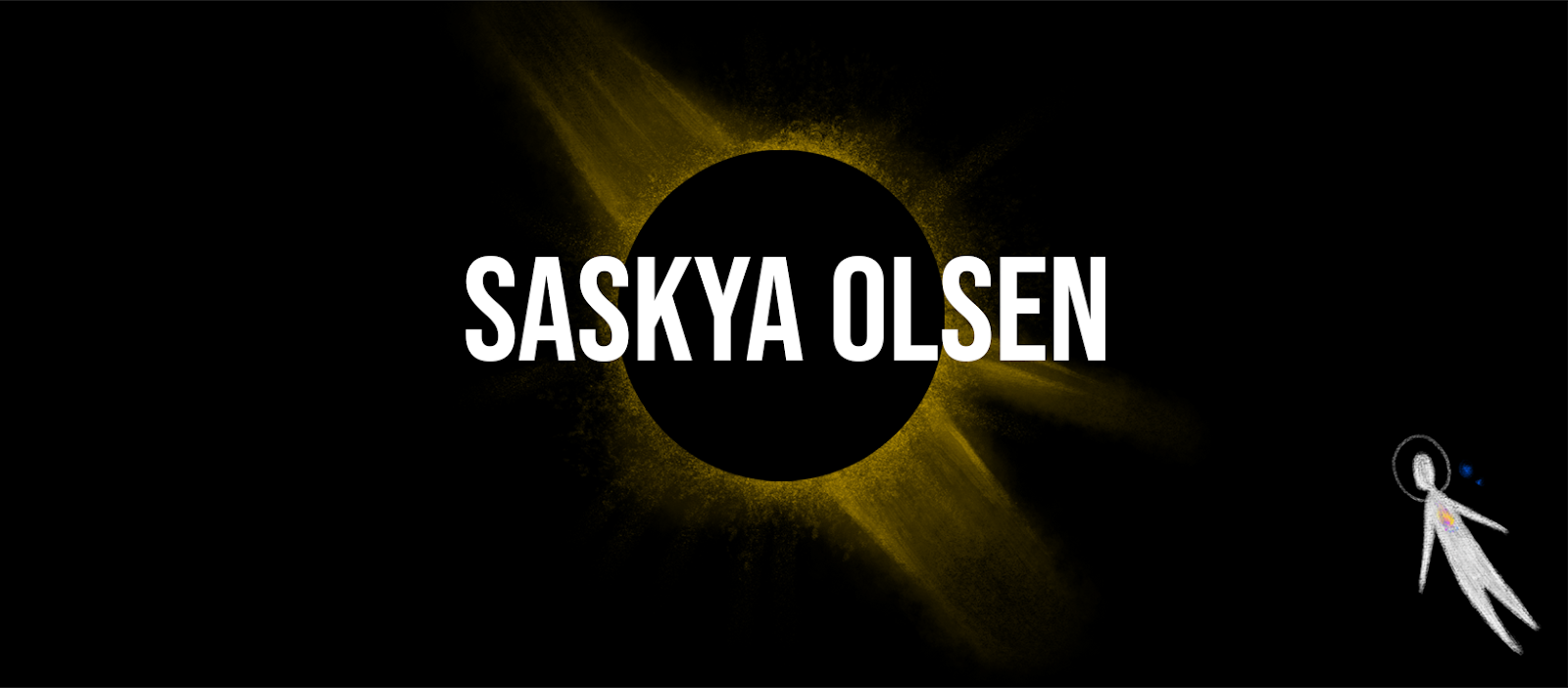Cornus Canadensis Plant Models:
Using the same method as my fern bush model, I began making my Cornus plants within photoshop. From my colour map I created normal and alpha maps, which I took into Maya and imported onto a plane through a standardsurface material.
 |
| Above, a series of colour, normal and alpha maps for three Cornus leaf variations. I used a gaussian blur on my colour maps, giving them a soft dark outline which helps create the illusion of mass and depth when converted into a normal map. |
 |
Many issues with this first render, mainly the white boarder around the leaves. there was also a strange wrinkle texture across the leaves coming from the normal map, which I scrapped.
|
 |
I rectified the white seam by exporting my colour maps as PNG files. I also darkened the washed-out colour maps, but I was still unhappy with the colour maps in this second render.
|
 |
| I reduced the opacity of the light and dark accent colours within Photoshop, and was happier with my colour maps after that. I then began arranging my three leaf varieties, playing with scale and rotation to avoid visible duplicates. The render above shows a finished ground-level cornus shrub. Whilst arranging these plants, soft selecting vertices allowed me to manipulate each leaf with soft curves. |
 |
| Staying true to my drawn concepts, I added neon blue berries. Using the berry model and maps I created for my mortar & pestle model. The render is one bunch of many, which I plan to export as proxy stand-ins to be used when furnishing my woodland sets. |
Creating a Ground Plane:
For the mossy ground plane, I created a colour, normal, roughness, and height map from a seamless moss photo found online. I did some research and learnt a very basic height deformation technique using deform > texture and adding my height map. I increased the strength to 10. Under a directional light, you can see an effective bumpy, textured surface.
 |
| Above, a simple plane being influenced by a strong height map (texture deformer). |
 |
| I adjusted the moss colour map saturation and tested this new deformed ground plane alongside two plant models, including the newly created cornus canadensis. |








Comments